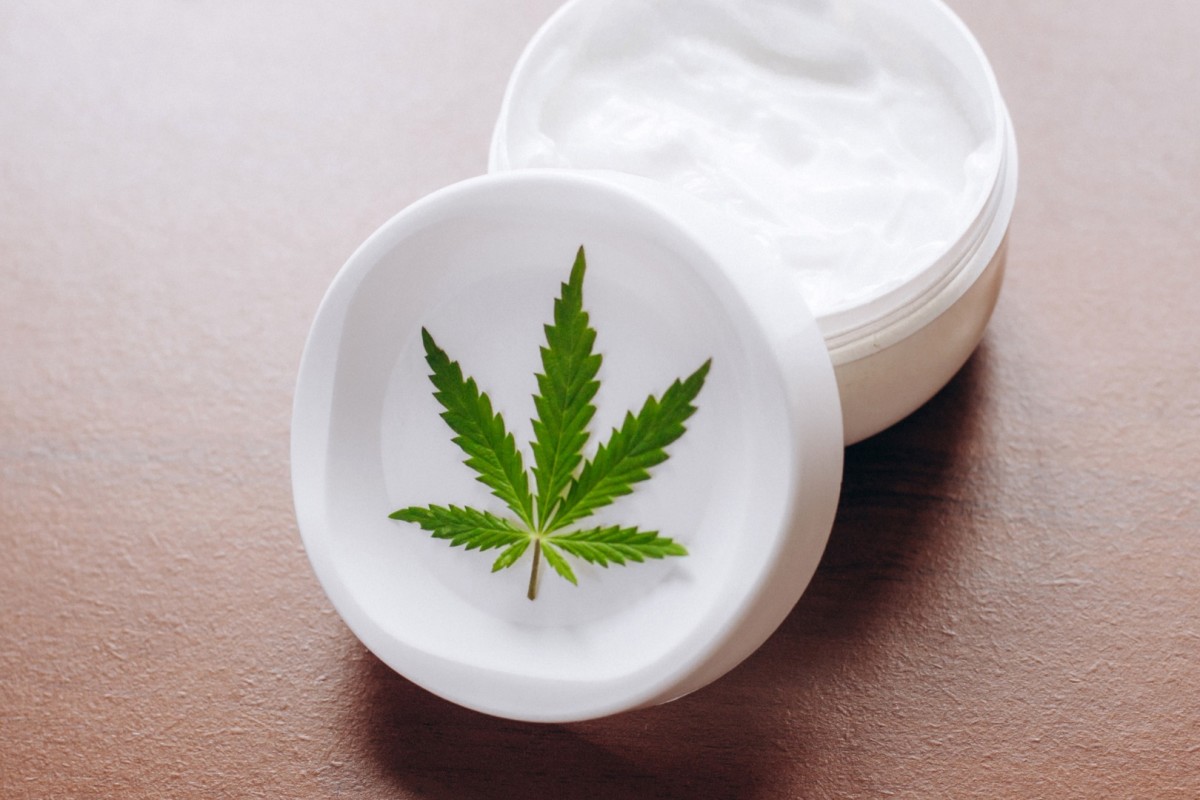Benefits Of CBD
CBD oil can be consumed orally (by mixing it with a liquid or food which reduces the strength of the taste) by putting a few drops under the tongue: the most effective method since a dropper helps to monitor the amount of oil ingested carefully).
It is a rapidly occurring substance that begins to be felt about 10 minutes after its absorption.
CBD is one of many that make up phoned cannabinoids present in cannabis plants. unlike the mind-altering tetrahydrocannabinol (THC) stuff, cannabidiol is non-psychoactive, meaning it won’t get you high. Considering that Cannabidiol definitely does not cause psychoactive effects, it is an excellent option for people pursuing marijuana products from cbd pills without the high-breaking law of policy.
Cannabinoids are agonists that bind themselves to different human body receptors called cannabinoid receptors. Specific receptors are located in the body with the majority of them in the nervous system but receptors can be located in just about any body organ. You can find cannabinoid receptors in your skin, the digestive tract and even in your sexual organs. The agonists of cannabinoids communicate with the cannabinoid receptors, a little like how a key may trigger a door. This relationship makes up the greater network of endocannabinoids (ECS). The ECS is a large receptor protein network all of which have different functions.
The ECS has been said to be the most important collection of neurotransmitters in the human body. The ECS helps with the main body task of quality, such as: Mood Memory Muscle Control Reproductive System Memory Chronic Pain Management Appetite Sleep Quality Bone Heart Health growth.



Anti Inflammatory
CBD has been shown to be particularly effective in coping with different types of pain. This action is often thought to reflect a type of CBD that acts as anti-inflammatory as well as being used for normal aches and pains over the counter anti-inflammatory drugs.
Additionally, many of the health-related complications associated with obesity are a result of increased inflammation. In hopes of mitigating some of these essential health effects, CBD is being studied extensively in relation to obesity. There is some evidence to support the suggestion that CBD can serve as an anti-inflammatory treatment for certain diseases.
A 2008 mice study found that CBD was preventing the onset of type 1 diabetes, an inflammatory autoimmune disease that affects the pancreatic beta cells.
Another 2013 research showed that, in a mouse model of multiple sclerosis, CBD protected against the adverse effects of inflammation.
A study in 2013 found that CBD was a possible candidate for medication to treat inflammatory bowel disease. Nonetheless, a 2017 clinical trial found that CBD was safe for the disease but ineffective for it. The authors said their findings could “be due to the small dose of CBD, the limited number of patients in the sample, or the lack of the synergy with other cannabinoids required.”
Weight Loss:
Millions of people struggle with their weight. Weight issues can be handled with improvements in lifestyle and diet but these can be difficult for many people to adopt and sustain. Hormonal imbalances, mental health problems, and prescription medications can also make it very difficult for adults with overweight to lose weight and keep it off. For both animal and human trials, trials on CBD oil and weight loss promotion and weight gain prevention have shown positive results.
CBD impacts weight loss in 3 key ways: supports our mitochondria & metabolic health Standardizes insulin levels to encourage fat burning Lower appetite to decrease calorie intake.
Research, published in the journal Molecular and Cellular Biochemistry, ties cannabidiol to three causes of “fat browning,” transforming the dangerous white fat associated with obesity and diabetes into hard-working. This actively support weight loss by burning extra calories by thermogenesis, the mechanism of heat production in your body.
Medical News Today also says CBD can aid weight loss because of how it acts on the body. This is all down to our built-in endocannabinoid system and two receptors called CB1 and CB2. There are CB1 receptors in both the brain and central nervous system. CB2 occurs all over the body. Receptors are involved in controlling the ‘homeostasis’ of the body-CBD can help to control the metabolism of the body.
CB1 receptors are more common in fatty tissues. Researchers assume there’s a link between CB1 receptor activation and obesity.
There are any side effects?
While CBD is generally well tolerated and considered healthy, some people can experience adverse reactions.
Side effects observed in studies include: increases in appetite and weight Diarrhea Increases Fatigue CBD is also known to interact with other medications. Speak about it with your doctor before you start using CBD oil to ensure your health and prevent potentially harmful encounters (41Trusted Source).
It is especially relevant if you take “grapefruit alert” drugs or supplements. Both grapefruit and CBD interact with cytochromes P450 (CYPs), a group of enzymes that are essential for drug metabolism.
